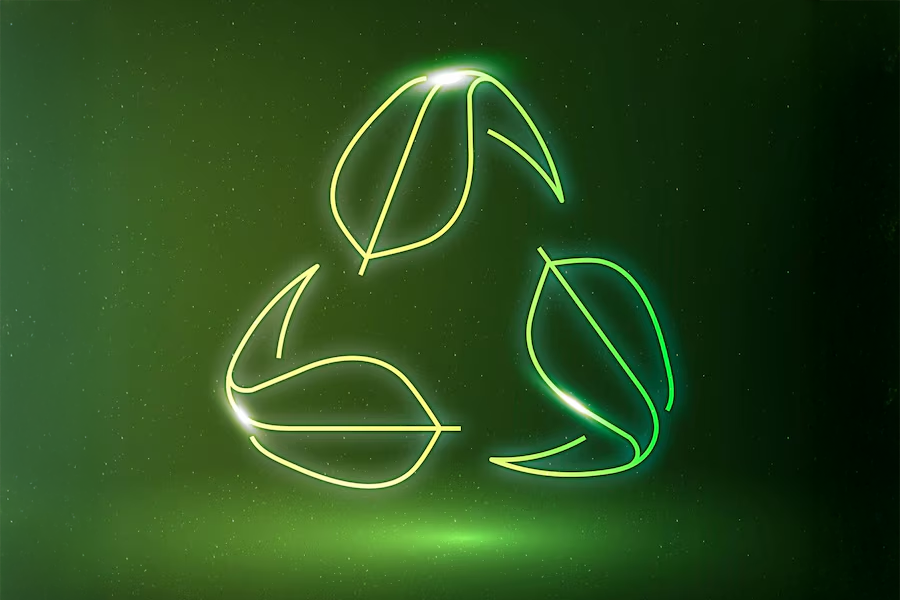As environmental awareness and sustainability take centre stage in the commercial food and beverage industry, many businesses are prioritising eco-friendly refrigeration as a core part of their operational strategy. Choosing a green commercial fridge is no longer just a trend—it's a smart, future-forward decision that balances environmental responsibility with business efficiency.
🌍 What Makes a Fridge Environmentally Friendly?
An eco-conscious commercial fridge is designed with technologies and materials that minimise greenhouse gas emissions, reduce energy use, and lower environmental impact throughout its lifecycle. Here’s how:
✅ Natural Refrigerants (Hydrocarbon-Based)
Unlike older refrigerants like R134a or R404a—which have high Global Warming Potential (GWP) and contribute to ozone depletion—modern eco-fridges use natural refrigerants such as:
-
R600a (Isobutane) – Low GWP, high energy efficiency, ideal for upright and undercounter fridges.
-
R290 (Propane) – Also low GWP, with excellent thermodynamic properties; commonly used in high-performance commercial units.
These refrigerants are non-toxic, ozone-friendly, and require less energy to achieve the same cooling power, making them both cost-effective and sustainable.
✅ Energy-Efficient Components
Green fridges feature components designed to lower energy consumption, such as:
-
High-efficiency compressors that reduce electrical draw.
-
EC (electronically commutated) fans that adjust speed automatically based on cooling demand.
-
Smart thermostats and digital controllers for precise temperature management.
-
LED interior lighting, which consumes far less power and emits less heat than traditional bulbs.
✅ Low-Emission Insulation
Advanced polyurethane insulation with cyclopentane blowing agents is now standard in eco models. This insulation is:
-
Free of ozone-depleting substances (ODPs).
-
Highly effective at maintaining internal temperatures, reducing compressor workload.
-
Long-lasting, which enhances the overall durability and efficiency of the unit.
✅ Energy Ratings & Certifications
Look for models that carry:
-
MEPS compliance (Minimum Energy Performance Standards) in Australia and New Zealand.
-
Energy Star Ratings or EU Energy Labels in international models.
-
GreenTag or GECA certifications, indicating responsible manufacturing and energy-efficient performance.
💸 Business Benefits of Going Green
Adopting eco-friendly refrigeration isn’t just good for the planet—it’s good for your bottom line:
-
Lower power bills from high-efficiency performance.
-
Longer equipment lifespan and fewer maintenance issues.
-
Positive brand image, especially to eco-conscious customers.
-
Future-proofing your investment by aligning with evolving environmental regulations.
💡 Pro Tip:
When upgrading or buying new equipment, ask suppliers about energy rebate programs or government incentives available for purchasing energy-efficient or low-emission commercial appliances.
Eco-friendly refrigeration represents a win-win for modern hospitality businesses: it keeps your ingredients cool, your energy use low, and your environmental footprint even lower. Choosing green today helps ensure a cooler, cleaner tomorrow—for your business and for the planet.










